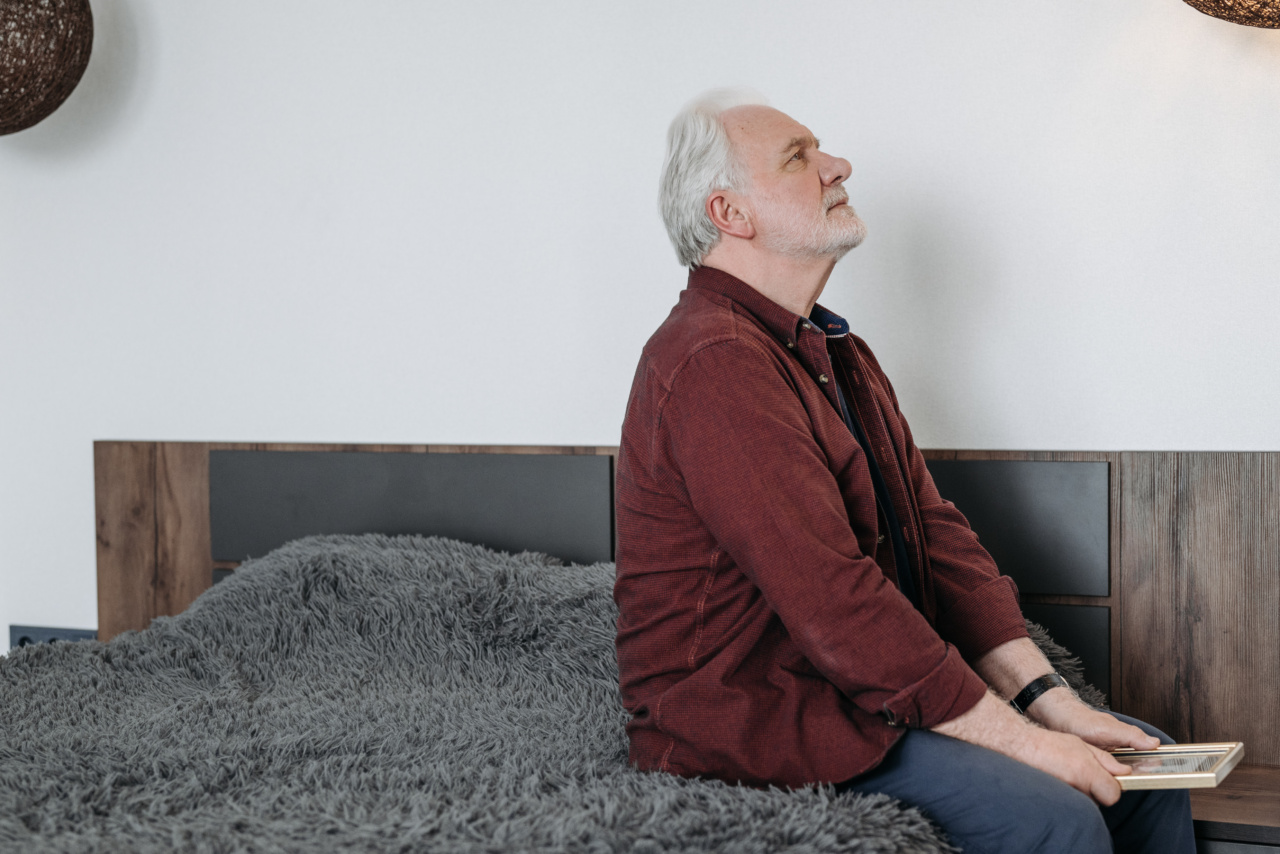Japan is facing a growing crisis as its population ages and the number of lonely deaths continues to rise. Lonely deaths, or kodokushi, refer to deaths that occur unnoticed and go undiscovered for a long period of time.
This phenomenon is becoming increasingly common in a country where more and more elderly people are living alone.
The Aging Population in Japan
Japan has one of the fastest aging populations in the world. With a low birth rate and a high life expectancy, the country’s elderly population is growing rapidly.
According to the Ministry of Internal Affairs and Communications, the proportion of Japanese citizens aged 65 or older has reached a record high of 28.1%. By 2060, it is estimated that nearly 40% of the population will be over the age of 65.
Living Alone
Another significant factor contributing to the increase in lonely deaths is the rising number of elderly people living alone. Traditionally, Japanese families have had a strong sense of filial piety and have taken care of their elderly parents.
However, as societal norms and values change, more and more elderly people are finding themselves living alone, often due to the death of a spouse or the lack of support from their children.
Many elderly people living alone suffer from social isolation and lack the necessary support networks. They may have limited contact with friends or family members and may not have anyone to check on them regularly.
As a result, if they were to experience a sudden health crisis or pass away, it might go unnoticed for days, weeks, or even months.
The Impact of Lonely Deaths
Lonely deaths have significant implications for both individuals and society as a whole. For the deceased, dying alone and unnoticed can be a dehumanizing and undignified end.
Without someone to look after their affairs, their bodies may not be discovered for a long period of time. This can lead to complications in terms of arranging a proper funeral and disposal of the remains.
Socially, lonely deaths pose challenges for local communities and authorities. If no one recognizes that a person has passed away, their bills may go unpaid, and their property may fall into neglect.
In some cases, neighbors may notice a foul smell or pests coming from the deceased person’s home, but they may hesitate to intervene due to societal norms or privacy concerns.
Furthermore, these deaths place an additional burden on public resources.
Emergency services and local government agencies may have to step in to address the aftermath of a lonely death, including handling the deceased’s property, notifying next of kin, and potentially arranging a funeral or burial if no family members can be located. This not only puts a strain on resources but also highlights the need for more comprehensive support systems for the elderly.
Efforts to Address the Issue
The Japanese government has recognized the seriousness of the lonely deaths issue and has taken steps to address it.
Local authorities across the country have implemented programs to check on elderly residents regularly, ensuring their well-being and providing social interaction. In some areas, special phone lines have been set up for elderly individuals to report if they are feeling unwell or lonely.
Community organizations and non-profit groups have also emerged to tackle the problem. Volunteers visit elderly individuals in their homes, helping them with daily tasks, providing companionship, and ensuring their overall safety.
These initiatives not only help prevent lonely deaths but also contribute to improving the quality of life for elderly individuals who may otherwise feel isolated and neglected.
Changing the Cultural Mindset
Beyond government and community efforts, there is a need for a cultural shift in how aging and the elderly are viewed in Japanese society.
Increased awareness and education about the challenges faced by the elderly living alone can help reduce the stigma associated with asking for help or accepting aid.
Encouraging families to support their elderly parents and create a sense of community can go a long way in combating the issue of lonely deaths.
By fostering an environment where aging is respected and taken seriously, more individuals will feel comfortable reaching out for assistance and maintaining social connections.
Conclusion
The rise in lonely deaths in Japan is a pressing issue that needs to be urgently addressed.
With the country’s aging population and the increasing number of elderly individuals living alone, there is a greater risk of deaths going unnoticed and undetected. Efforts by the government, communities, and society as a whole are crucial in preventing further cases of lonely deaths and ensuring the well-being of the elderly population.































